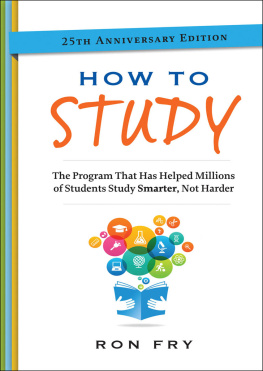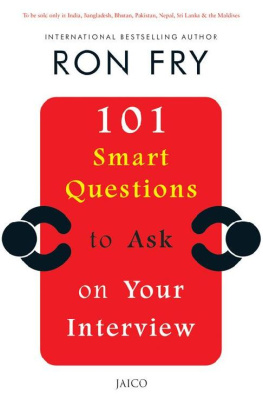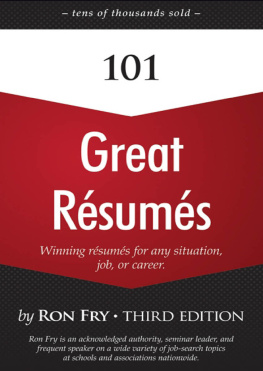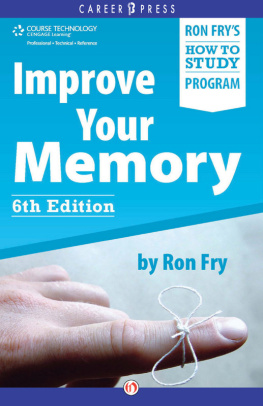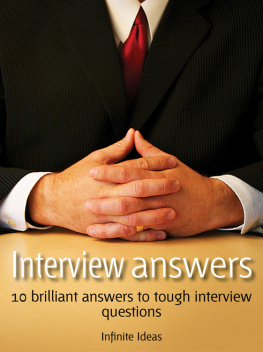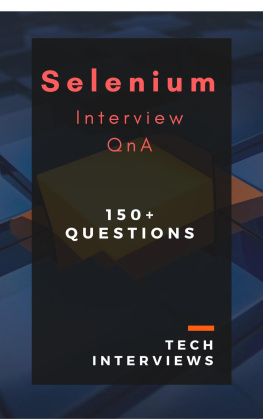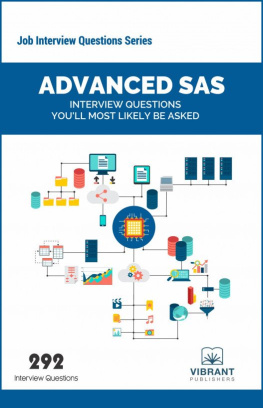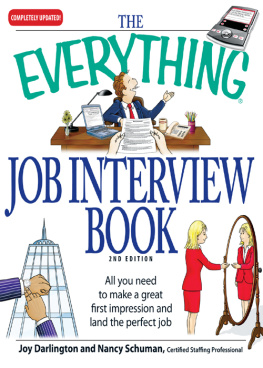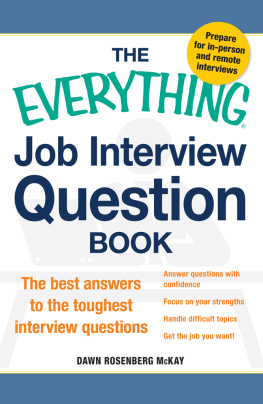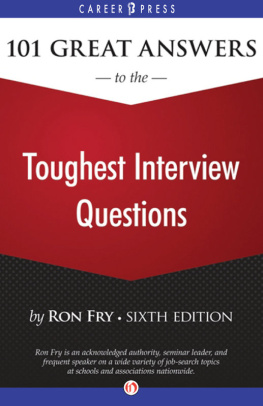
RON FRY
FROM OPEN ROAD MEDIA
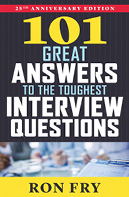
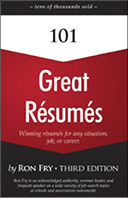
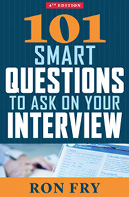
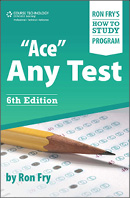
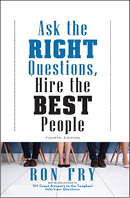
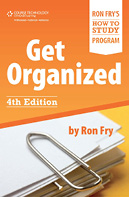
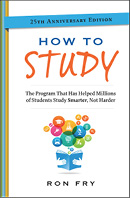
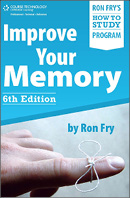
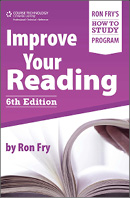


Find a full list of our authors and
titles at www.openroadmedia.com
FOLLOW US
@OpenRoadMedia




101 G REAT A NSWERS TO THE T OUGHEST I NTERVIEW Q UESTIONS
25th Anniversary Edition
R ON F RY

All rights reserved, including without limitation the right to reproduce this ebook or any portion thereof in any form or by any means, whether electronic or mechanical, now known or hereinafter invented, without the express written permission of the publisher.
Copyright 2016 by Ron Fry
Cover design by Howard Grossman
978-1-5040-5518-5
This edition published in 2018 by Open Road Integrated Media, Inc.
180 Maiden Lane
New York, NY 10038
www.openroadmedia.com

| Contents |
Introduction
You Are in Charge
Chapter One
The Interview Process
Chapter Two
Who Are You?
Chapter Three
So, Tell Me About Yourself
Chapter Four
Questions About Your Education
Chapter Five
Questions About Your Experience
Chapter Six
Questions About Core Competencies
Chapter Seven
Questions About Your Current (or Last) Job
Chapter Eight
So Why Us?
Chapter Nine
Questions About Your Personal Life
Chapter Ten
Questions to Wrap Things Up
Epilogue
Ive Got a Secret
I NTRODUCTION
You Are in Charge
I started writing the first edition of this book in 1989, and the parallels with that year are a little eerie.
The unemployment rate then and now is 5.3% and, then and now, has fallen steadily for two years. The 1989 economy had recovered from a 1982 recession and falling oil prices, and weathered a 1987 market crash. Our ho-hum economy, as the New York Times recently characterized it, is still recovering from a 2008 market crash and the Great Recession. The price of oil has fallen precipitously.
Unemployment figures and pundits paint a contrasting picturewhile the job market for current or recent college grads is considered the best in a decade or more, there are 6.5 million people working part time for economic reasons. In other words, 6.5 million people who would prefer to work full time but cant find a full-time job.
Whether we are in a booming economy or a recession, most of the things you need to know and do during the interview process do not really change. In the 27 years since I wrote the first edition, an ever-changing job market has morphed from a sellers (employee-friendly) market to a buyers (employer-friendly) market and back again. But in good times and bad, the power this book has given intervieweeswhatever their ages, skills, or qualificationshas continued to grow.
I certainly couldnt boast of my own interviewing skills before I wrote this book. On the contrary, I had often not gotten jobs for which I was eminently qualified. So I spent quite a lot of time learning all the mistakes you could possibly make, having made each one of themtwice.
Now, as a veteran of the other side of the desk as well (Ive hired hundreds and interviewed thousands), I can tell you that interviewing is more serious business than ever before.
Employers are looking for self-managing employeespeople who are versatile, confident, ready and able to work with a team, and not afraid to roll up their sleeves, work long hours, and get the job done. Thats me, you chortle. Congratulations. But you wont get the chance to prove yourself on the job without making it through the interview process.
You cant cheat on these tests
There has been one significant development since the last edition of this book. According to the Wall Street Journal, hundreds of companiesincluding 457 of the Fortune 500are using some form of personality testing that aims to correlate specific personality traits with success in a particular job. One test vendor, Infor, claims to assess more than a million candidates a month.
While tests such as Myers-Briggs and the MMPI (Minnesota Multiphasic Personality Inventory) were popular during the 1960s and 70s, we are clearly in a new age that Time magazine recently noted is being driven by a collision of two hot trends: Big Data and analyticsThe result is a mostly unchallenged belief that lots of data combined with lots of analytics can optimize pretty much anythingeven people. Hence, people analytics.
You may now have to take the DISC Assessment, which will grade you in four areasDominance, Defiance, Steadiness, and Conscientiousness. Or the Hogan Personality Inventory, which assesses five. The 16PF measures 16 normal-range personality traits and five second-order traits. The California Psychological Inventory uses 18 scales in four classes to determine what the test taker will do in specific on-the-job situations. And the Caliper Profile will assess 25 personality traits related to job performance. The winner of this personality numbers game so far is Gallups Clifton Strengthfinder, which measures 34 traits (but is most interested in your top five).
I know from experience that you cannot beat these tests. If you try to choose the answers you believe are obviously the ones showing your leadership, motivational, or team-building skills, you will not succeed. Since you cant really prepare for these tests, relax and try to answer the questions honestly. Most such tests are merely trying to identify the jobs for which your personality type is best suited. And at most companies, they are merely one component of the interview process.
Next page

